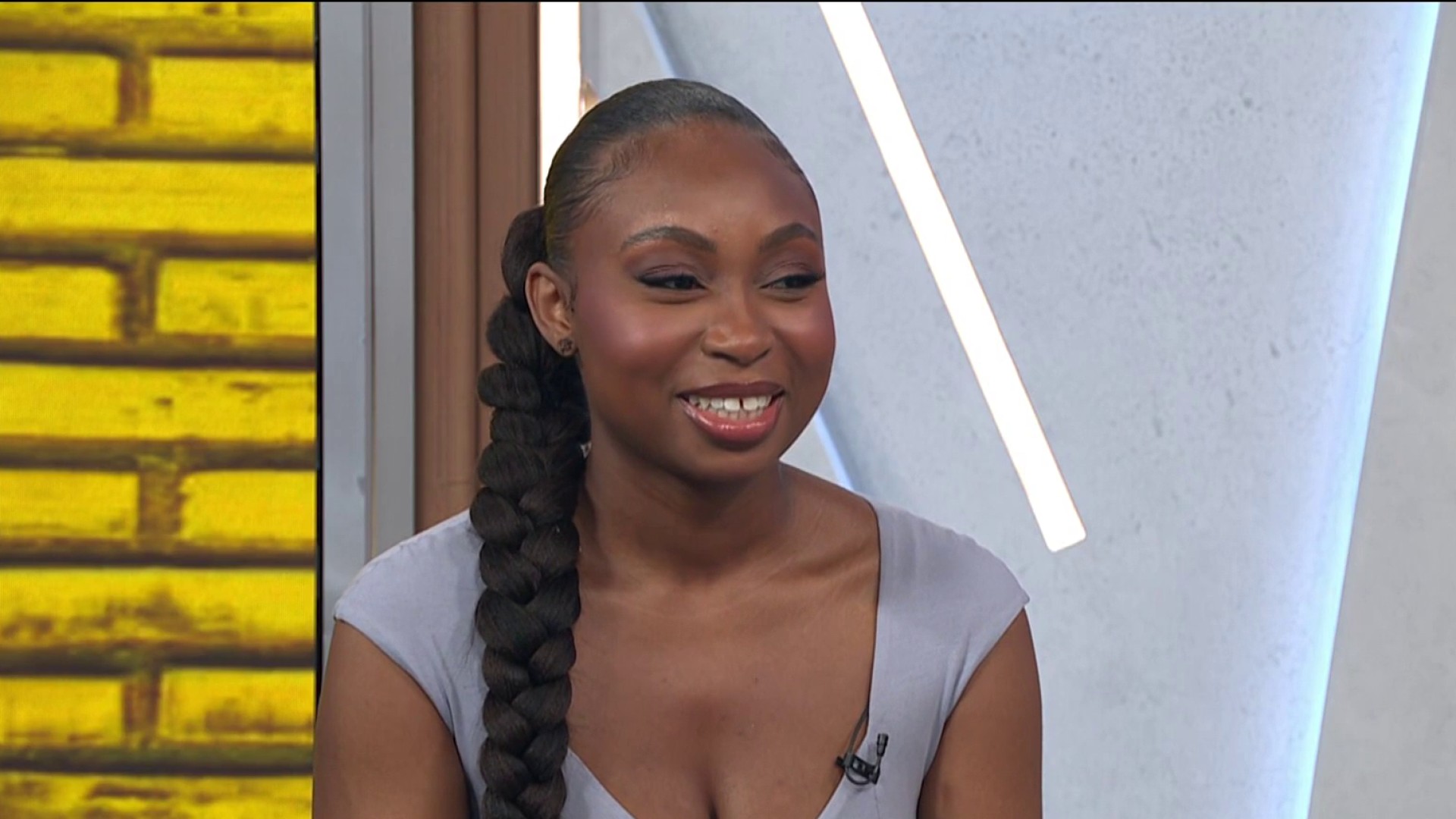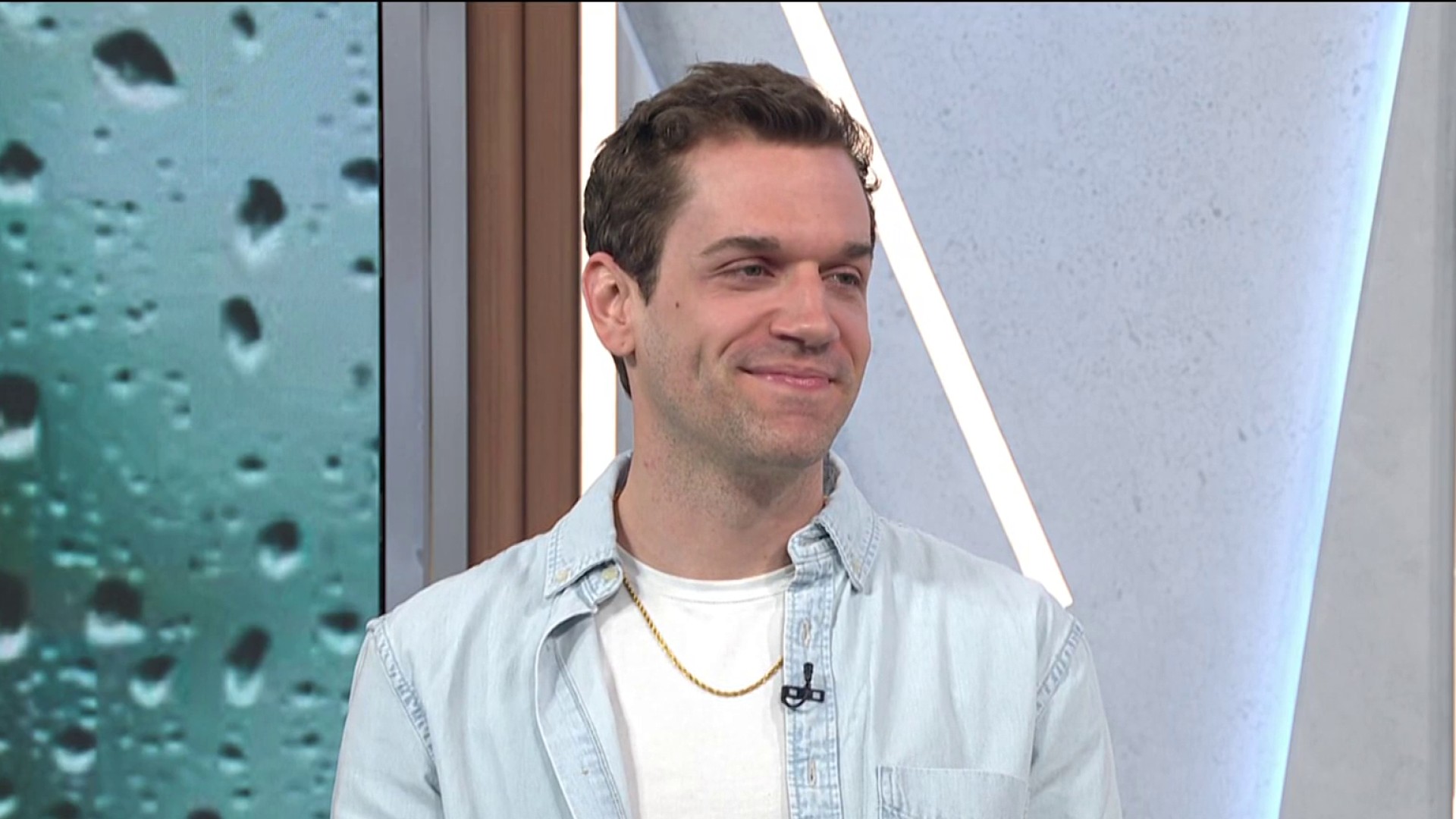Judging by the ubiquitous ads, Denzel Washington is the star attraction of “A Raisin in the Sun,” which has just opened for a 14-week run at the Barrymore Theatre. Perhaps so, but it’s the performances of the play’s three female leads—most notably LaTanya Richardson Jackson, a replacement for Diahann Carroll as matriarch of the struggling Younger clan—that lingered with me for days afterward.
Director Kenny Leon, who also helmed the 2004 “Raisin” revival with Sean Combs, is firing on all cylinders with his brisk new staging of Lorraine Hansberry’s drama, performed in the same venue where Sidney Poitier played combustible limousine driver Walter Lee Younger more than a half-century ago.
Set in the 1950s on Chicago’s South Side, “A Raisin in the Sun” follows the Youngers as they await an insurance check that may improve their lot—“Mama” (Richardson Jackson) dreams of moving to a better neighborhood, Walter (Washington) wants to buy a liquor store, and daughter Beneatha (Anika Noni Rose, of “Caroline, or Change”) plans to go to medical school.
Richardson Jackson, last seen on Broadway in the revival of “Joe Turner’s Come and Gone,” is a stoic mother who loves God and her children, pretty much in that order. Initially hesitant to support Walter’s dubious business scheme, she acquiesces, deciding that what’s best is whatever makes her children happy, even if it’s a decision with disastrous consequences.
Though a late addition to the cast, I saw nothing hesitant in her choices. Rather, I was charmed by a multitude of them, even the way the actress focuses on her small houseplant, a “Raisin” character in its own right. Lena won’t let the movers touch it when they come to relocate the Youngers at the play’s conclusion—she’s going to carry that treasure herself. That plant is Lean’s love and Lena’s dreams, and it’s the only thing not always shifting underneath her feet.
Academy Award nominee Sophie Okonedo (“Hotel Rwanda”) makes a moving and fully invested New York stage debut as Ruth Younger, Walter’s wife, who nurtures her husband, but without much enthusiasm (“Eat your eggs, Walter”). Okonedo offers the saddest characterization here, as a woman largely resigned to her life’s circumstances who only lights up at the proposition of escaping the family’s overcrowded and cockroach-infested rental.
Witness the brightness in Okonedo’s eyes when she shares with Beneatha her “find” at a local store, curtains she’s purchased for the new home Lena will buy, even though no one has so much as taken a window measurement: “They bound to fit something in the whole house!”
Broadway
As Beneatha, the buoyant Rose tries on suitors the way she tries on hobbies, hairstyles and clothing, allowing herself to be simultaneously courted by her educated boyfriend and by a Nigerian medical student (a fantastic Sean Patrick Thomas, as Joseph Asagai) who shows the girl how she has been unwittingly assimilating herself into white American culture.
A favorite moment here comes as Rose’s Beneatha steps out of her bedroom in the colorful garb Asagai has brought for her, dancing to the African music on her turntable. It doesn’t hurt matters that Rose, 41, looks like a teenager.
There are solid supporting turns from veteran stage actor Stephen McKinley Henderson, as a sympathetic Bobo, Walter’s business associate, and David Cromer, as the oily head of a neighborhood “improvement” association offering cash to the Youngers if they won’t move to Clybourne Park. The understated manner in which Cromer refers to the Youngers as “You people” is chilling.
And then there’s Washington, a previous Tony winner for “Fences,” as Walter Lee, whose risky business venture jeopardizes Beneatha’s dreams of a medical school education.
Washington has such an easygoing way about him that it seems to transfer by osmosis to the other actors —we experience this in his first scenes on stage, where he seems to bring his own age down by a half-century, cavorting with son Travis (a very good Bryce Clyde Jenkins, in his Broadway debut) after they one-up Ruth over some small change Travis needs for school.
Washington switches just as easily to a man simmering with rage that he can’t amply provide for his family.
But here’s the thing: the actor, 59, plays a character on the cusp of 40—that age when we realize we might not accomplish all the things we dreamed of doing in our 20s. From the audience, the discrepancy makes a difference. I spent too much time thinking about how Washington is older than his character, and not enough time enjoying his performance.
The venerable movie star already has addressed this question, noting that what he does is, of course, “acting.” I get it. Still, it can be distracting. From a casting perspective, this “Raisin” is a star vehicle. Without Washington’s interest, it likely wouldn’t have happened at all. So there’s that to consider, as well. Ultimately—thankfully—the play doesn’t rise and fall on the age of the actor playing Walter … but it sure comes close.
“A Raisin in the Sun,” through June 15 at the Ethel Barrymore Theatre, 243 W. 47th St. Tickets: $67-$149. Call Tele-charge at 212-239-6200.
Follow Robert Kahn on Twitter@RobertKahn



